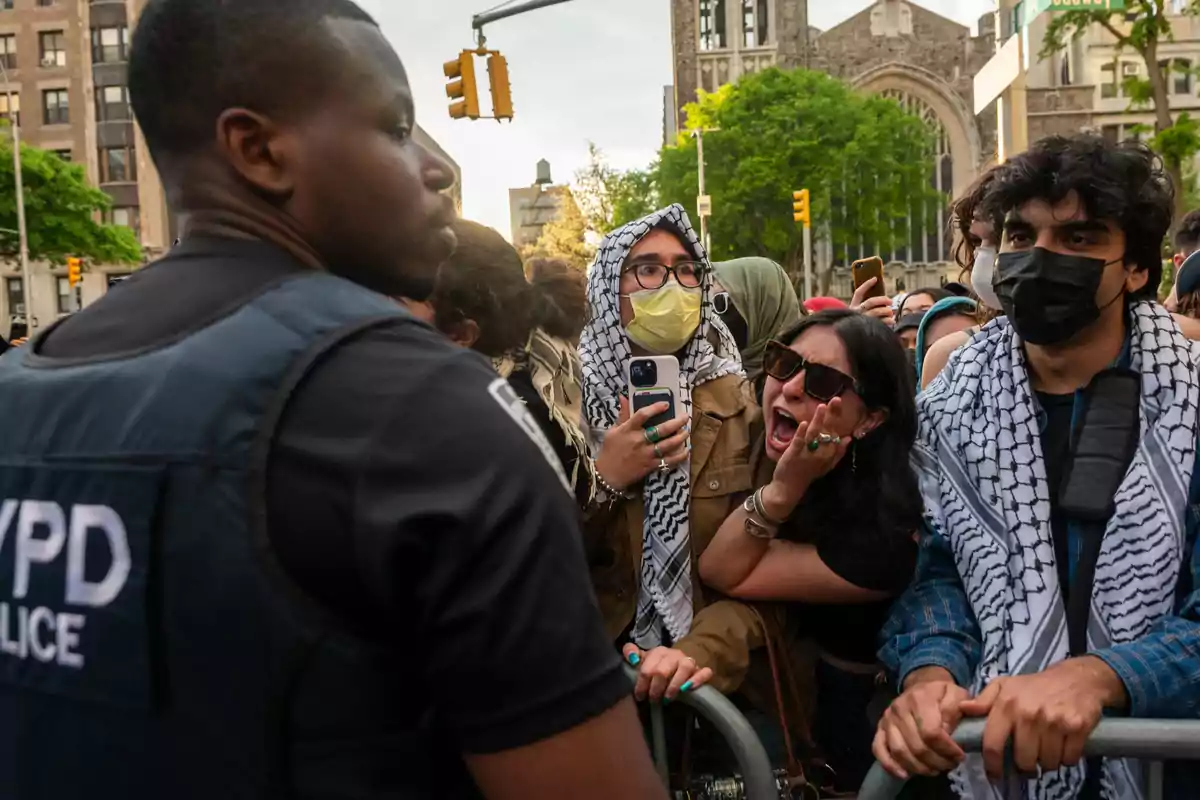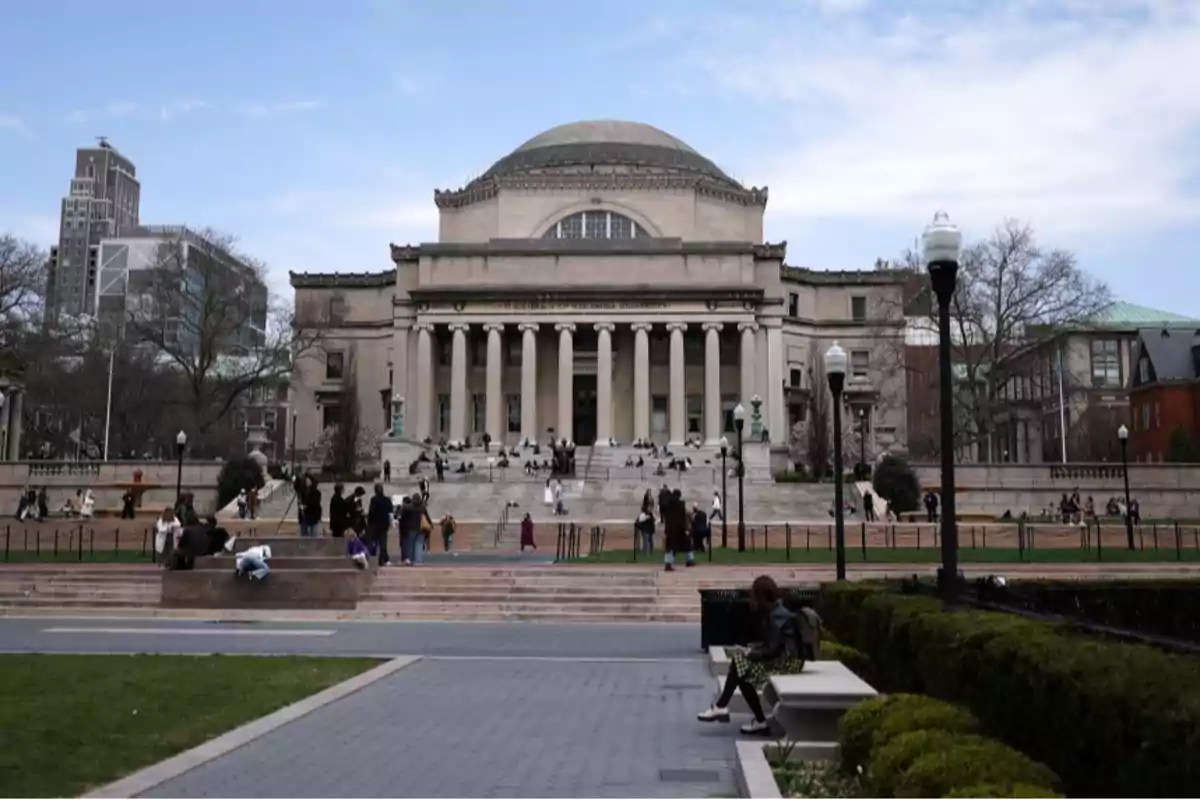
Columbia University sanctions antisemitic students
That educational institution has been the center of most attacks against Jewish students
Columbia University in New York announced the imposition of severe disciplinary sanctions on students who participated in a violent takeover of the library and in an antisemitic protest encampment during the spring of 2024.
This is a significant turn within the university campus most shaken by anti-Israel protests in the past year.
The most serious incident occurred in May, when a group of anti-Israel activists broke into the historic Butler Library while hundreds of students were preparing for final exams.
The occupation was part of a series of demonstrations that have marked the campus since the beginning of the war between Israel and Hamas, and that have sparked growing accusations of antisemitism from Jewish students and faculty.
Columbia reported that the sanctions imposed range from probation periods and one- to three-year suspensions to the revocation of academic degrees and even expulsions.
The university did not specify how many students were sanctioned, citing its confidentiality policy regarding individual cases.

However, the group Columbia University Apartheid Divest, a coalition of organizations that led the protests, claimed that nearly 80 students were suspended or expelled as a direct consequence of their participation in the protest actions.
The sanctions come amid intense negotiations between the university and President Donald Trump's administration, which has exerted strong pressure for Columbia to control anti-Israel demonstrations on its campus.
In April, Columbia had already imposed provisional suspensions on more than 65 students, and in the police operation to remove protesters from the library, nearly 80 arrests were made.
The institutional response has become even tougher this week with a significant reform of the internal disciplinary system.
Columbia announced that the authority to judge these types of cases will move from the University Senate—a traditionally slower and more politically divided body—to the provost's office.
Jewish community leaders on campus have welcomed the change as a concrete step toward holding accountable those who cross the line between protest and harassment.
These measures are joined by a package of initiatives recently announced by Columbia to combat antisemitism on campus, after months of tensions, veiled threats, and an environment that many students describe as hostile toward Jews.
More posts: